Togo
Polling stations in Togo opened on July 17, 2025 for the country's municipal elections. But by mid-morning, just a trickle of voters had been to cast their votes in the capital Lomé. Are voters boycotting the poll or just not interested? Africanews correspondent Noël Tadégnon went to find out.
It is municipal election day in Togo. On Thursday 17 July, voters are called upon to elect their municipal councillors. But from the early hours of the morning, one thing is clear: turnout at polling stations is disappointing. In Lomé, the country's capital, several polling stations remain sparsely populated, with voters slow to arrive.
‘For the moment, the centre is a little quiet. People are coming in slowly, but it's not like that at the moment. I hope they will come and vote anyway,’ says Dalmeida Ayélé, president of a polling station, visibly concerned about voter turnout.
Those who did make the trip to the polls, however, voted in a peaceful atmosphere. No incidents were reported early in the morning, despite a tense political climate marked in particular by the call for disobedience launched by the M66 movement, a collective of activists mainly from the Togolese diaspora.
Civic duty
‘I just fulfilled my civic duty this morning. I was very proud to do so because it is a civic duty that every citizen must perform,’ said Waguéna Barthélemy, a voter encountered outside a polling station.
The stakes are high for this local election. In a country seeking effective decentralisation, many voters hope to see their future municipal councillors bring new momentum to their communities. ‘My expectations for these elections are that the population will wake up and take charge of managing their communities,’ explains Kuevidjen Folly.
Sénou Lodowa expresses the same impatience: ‘They should try to see things and change things. Because everything that isn't working needs to work.’
While the morning has been relatively calm, the question of turnout remains unanswered. Is this simply a delay in voters arriving, or is it a sign of deeper disengagement, or even a silent boycott? We will have to wait until the end of the day to fully gauge the extent of this demobilisation.





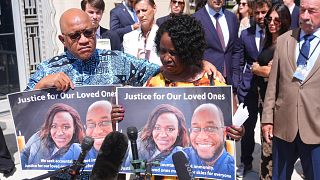
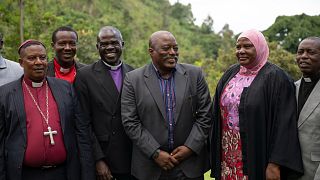


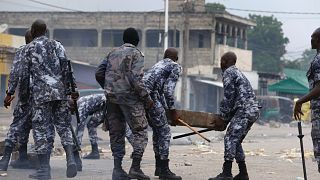
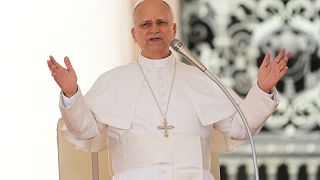
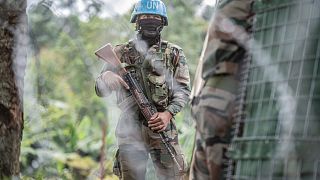
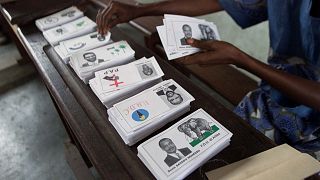
01:06
Libya’s municipal elections: HNEC urges caution over unofficial results
Go to video
Togo holds first local elections since controversial power shift
01:00
Pix of the Day: July 16, 2025
01:52
Togo’s security forces cast early votes ahead of high-stakes municipal elections
01:05
Gabon launches electoral process for September 27 local and legislative elections
00:29
At least 7 people killed during recent anti-government protests in Togo